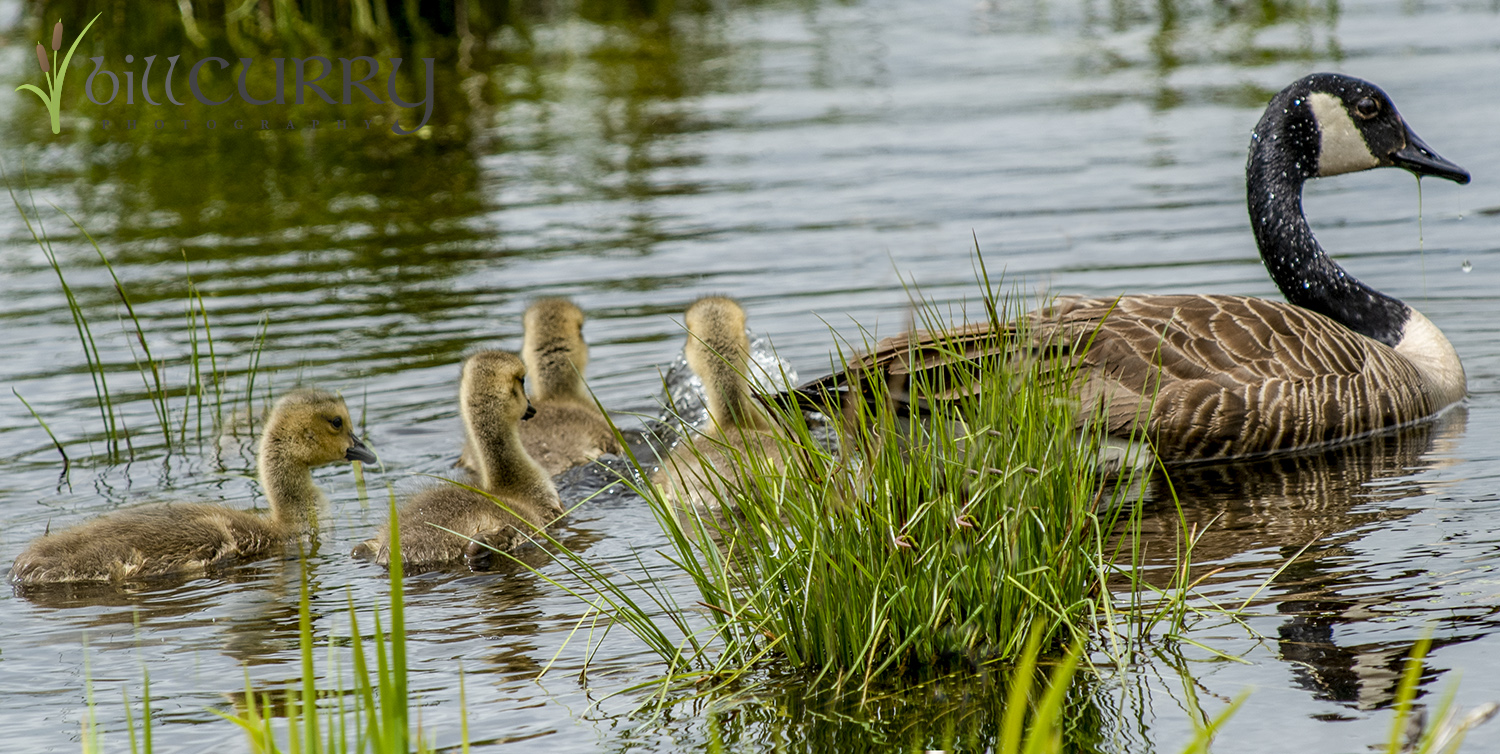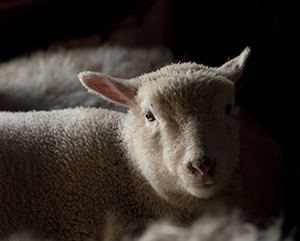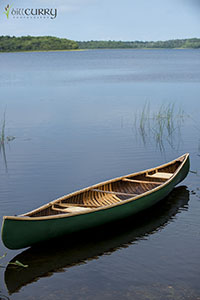
Canada goose and goslings
Canada Geese
When I was a kid living in the Annapolis Valley, the only time we ever saw Canada Geese were in the migrations in the Spring and again in the Fall. The familiar V patterns in flight and the honking coming from overhead were harbingers of seasonal change and living in Canada. It was exciting to see the flocks flying overhead and briefly staying with us for a few weeks.
The Department of Natural Resources for our fair Province states that “Breeding Canada geese are not common in Nova Scotia but are in scattered locations. Most geese seen in the province are among the 100,000 birds that pass through as spring and fall migrants. There are also several thousand geese that spend the winter on the southern and eastern shores of Nova Scotia.”
Not to cast doubt on the veracity of the DNR, but perhaps we down here in Yarmouth County are one of those “scattered areas”, as Canada Geese definitely breed here, and have done so for a decade or longer!
This past week I went to our summer cottage in Deerfield, Yarmouth County and spotted two separate families of Canada Geese on our lake and in the river in front of the cottage. There were also the “leavings” from said geese – piles of goose poop all over our lawn and along the shore of the lake! Canada Geese are beautiful in flight and as temporary guests, but as lawn dwellers, they leave something to be desired.
The Canada Geese as a family are cute, though – the mother, and father, being very protective of the young who they shepherd along quite calmly but firmly as in the image above. In our lake, they need to be careful as there are large predator birds, like Bald Eagles, Hawks and Owls who might like a snack of goose young, and there are stories of larger chain pickerel coming up and taking very young goslings and ducklings. Some will make it, and they will return in the next seasons to also build a home for themselves on our lake. We had over 40 geese on the lake last season, a mix of adults, immature birds and goslings all very much part of an obvious breeding flock.
Climate change is responsible for part of this – in a phenomenon known as “short stopping”, many Canada Geese that should go further south for the winter, historically to places like Maryland and Virginia, don’t and now just stay here in south western Nova Scotia in far greater numbers than they used to. They also seem to be adapting to human waterside housing, as the resultant lawns are very much to their liking.
The wild nature of the Canada Goose loses a bit of its luster with the familiarity, but at least it’s one species that seems to have adapted well to human changes on the face of the earth.
Now, if only they didn’t use our lawn as a toilet!






















